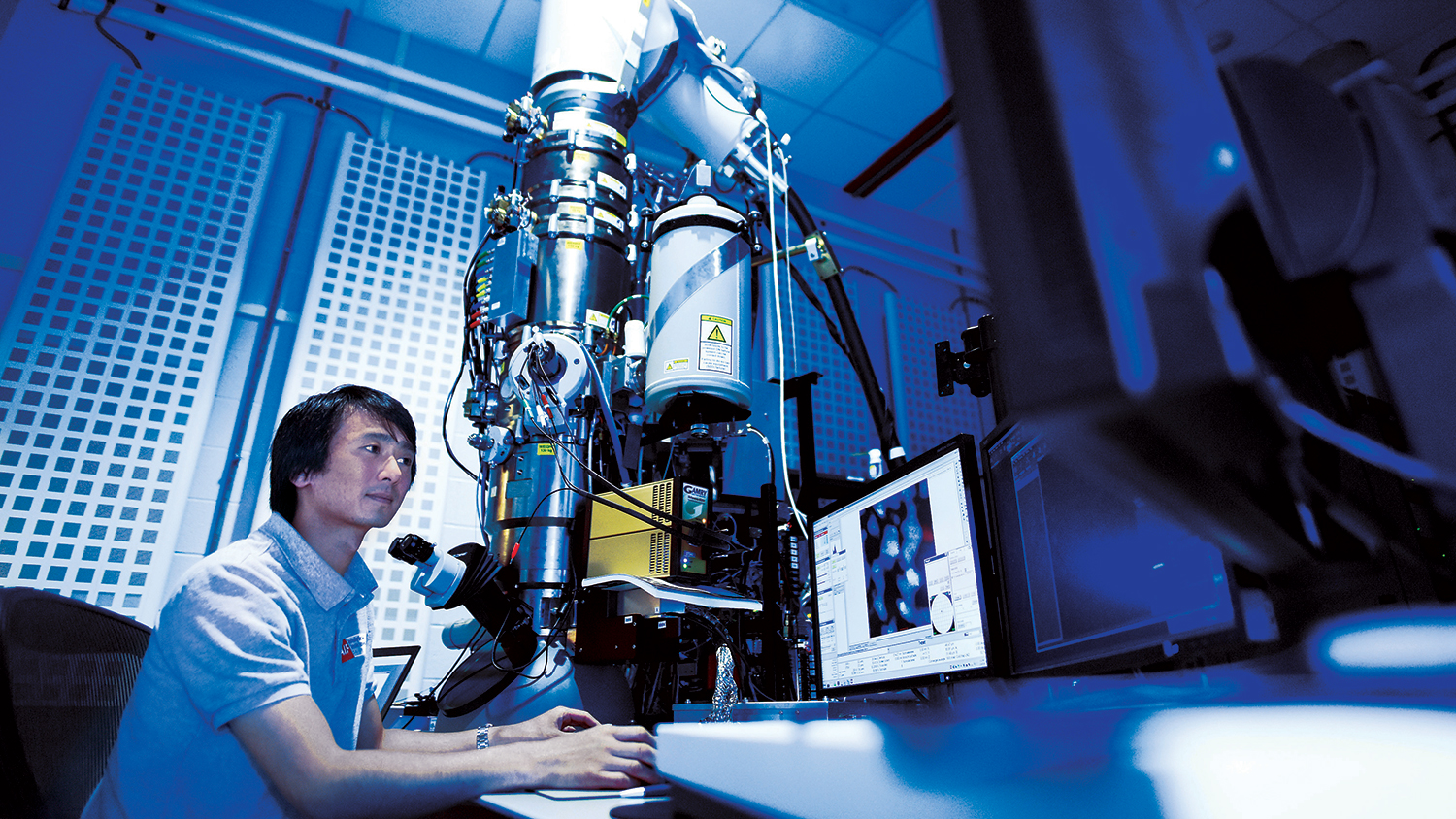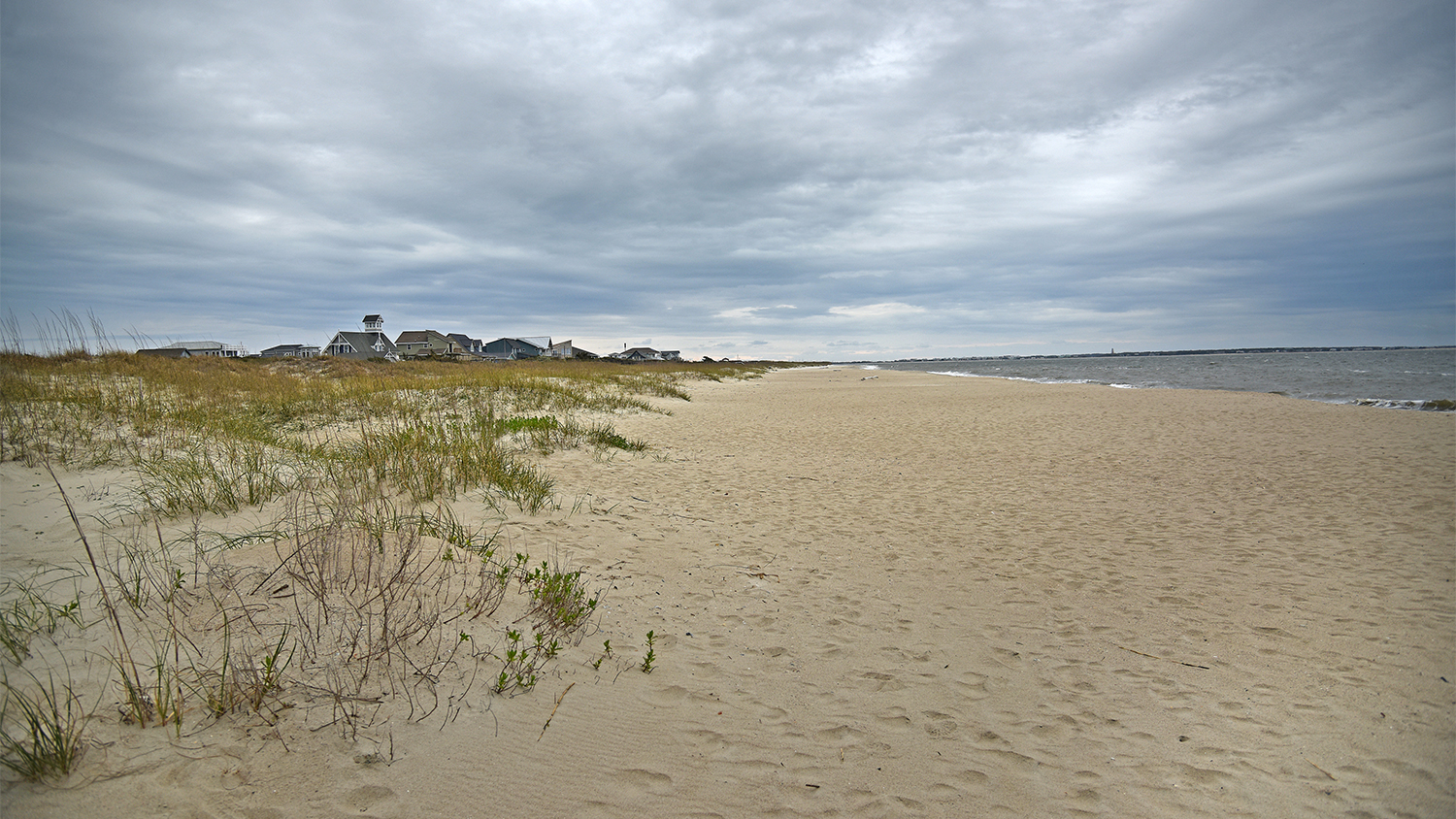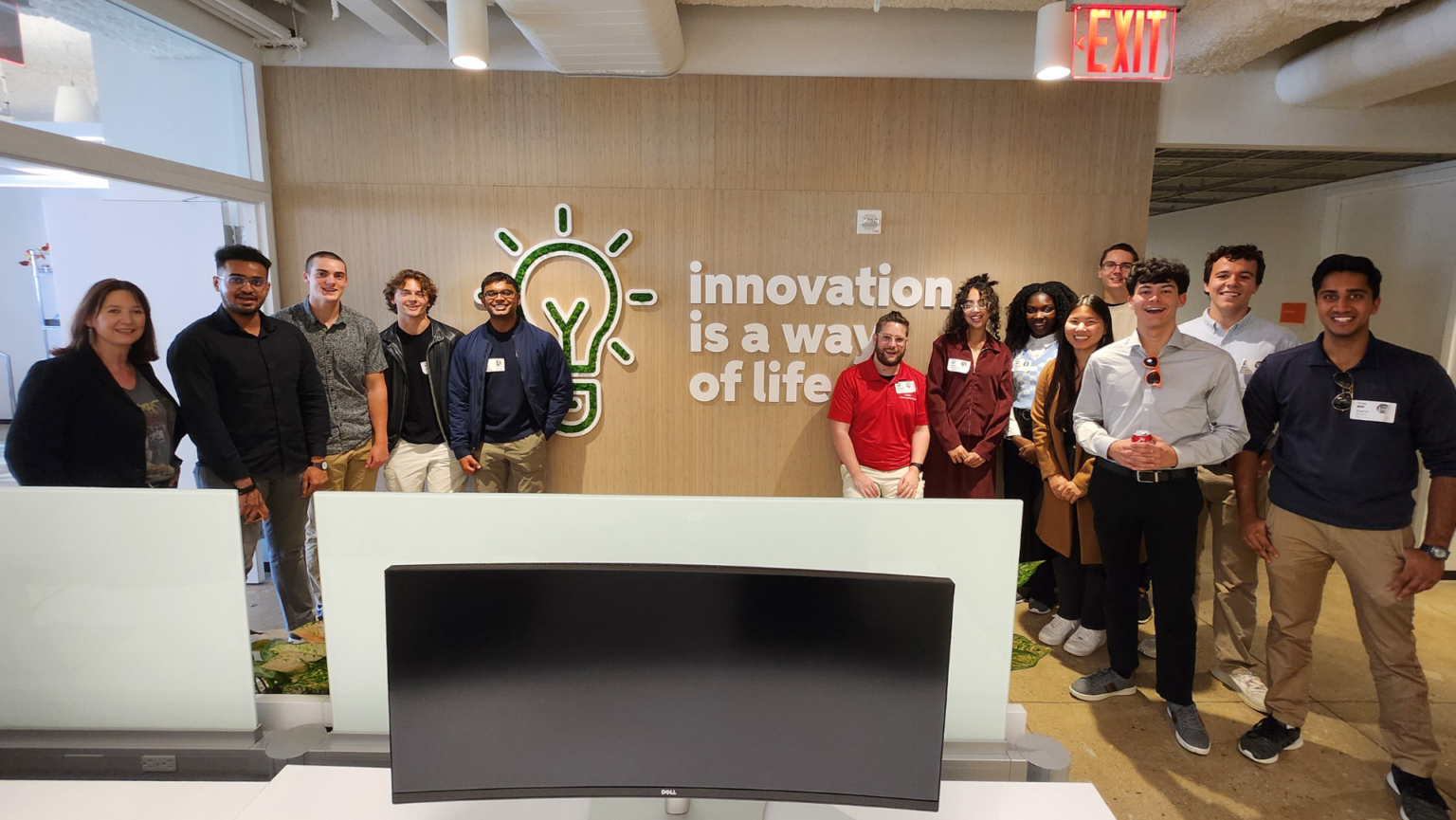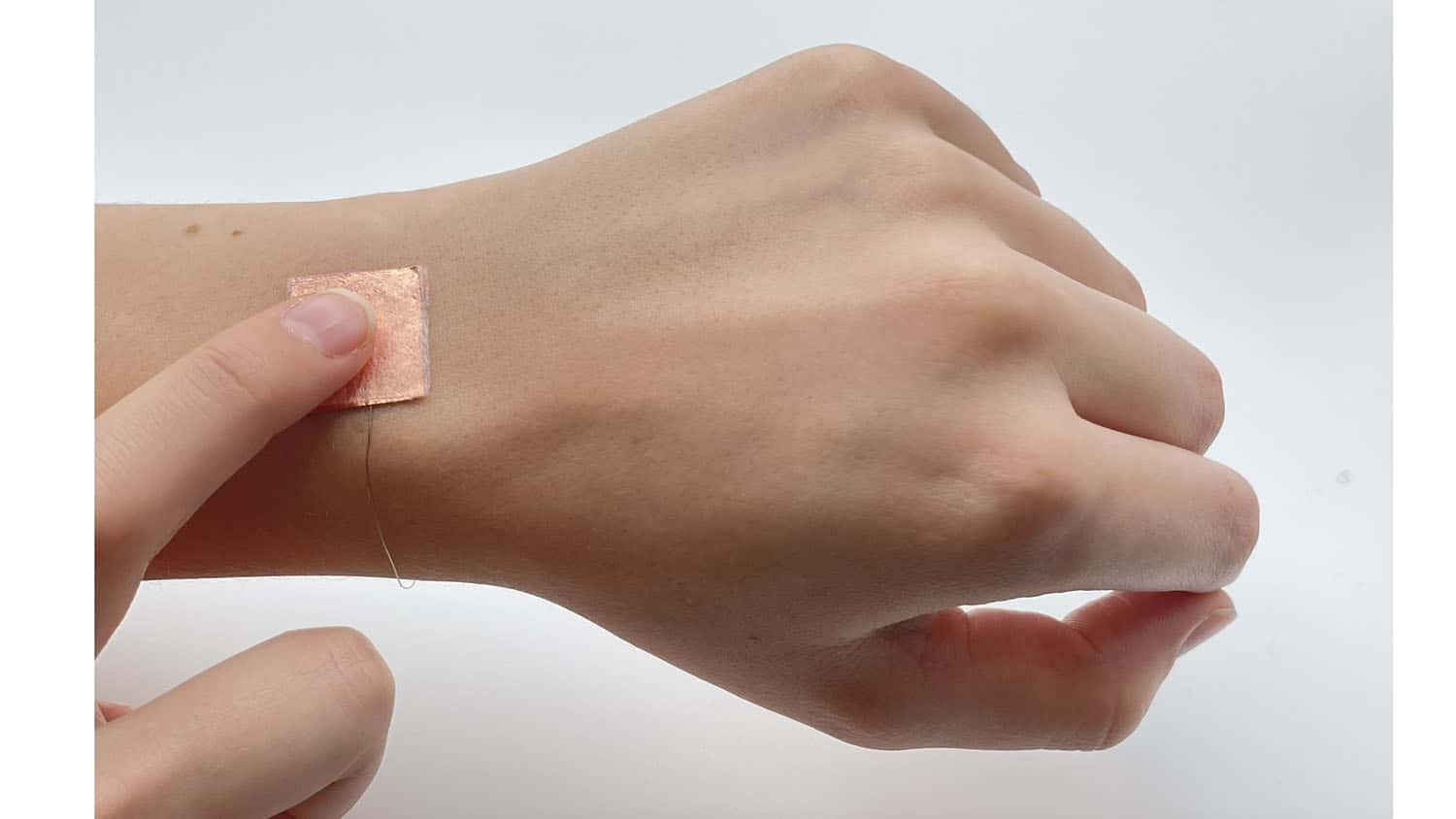Research Triangle Nanotechnology Network

By the Numbers
- More than 230 major fabrication and characterization tools
- More than 65 technical staff members
- 1,300 unique users access facilities annually
- More than 55,000 annual hours of collective use
- Through all programs >10,000 people reached annually
NC State, Duke and UNC-Chapel Hill may be fierce rivals on the basketball court, but the three universities are partners in an effort to enable innovative nanoscience and nanotechnology research, discovery, workforce development and education.
RTNN’s goal is to dramatically enhance access to university nanotechnology resources, such as fabrication and characterization facilities as well as expert research personnel, by lowering barriers to access such as distance, cost and awareness.
Program Highlights
The Kickstarter Program supports initial use of the facilities by new, non-traditional users by providing access to facilities for work valued at up to $1,000 in RTNN member facilities. To date, 64 projects have participated in the program, equating to >1,000 hours in free facility access. Nanotechnology, A Maker’s Course, a free online course hosted on Coursera, gives an overview of nanotechnology tools and techniques and shows demonstrations within RTNN facilities. Since the course launch, more than 56,000 people have visited the course website, more than 12,600 have enrolled and more than 1,600 have completed all course components.
The RTNN’s Community Engagement Programs include immersive lab experiences, where students work in RTNN facilities, and portable scanning electron microscopes at schools, libraries, and museums. Through these types of activities, the RTNN has engaged more than 8,000 people.
About RTNN
To support and expand the growth of nanotechnology, the National Science Foundation (NSF) established the National Nanotechnology Coordinated Infrastructure (NNCI) in 2015, a network of 16 sites across the U.S. The RTNN is one of these sites and a dynamic project involving NC State, Duke and UNC-Chapel Hill. Collectively, these institutions house nine core nanotechnology fabrication and characterization facilities and more than 100 principal faculty members whose research encompasses broad aspects of nanotechnology. The RTNN aims to be a national focal point for enabling innovative nanoscience and nanotechnology research.
Return to contents or download the Fall/Winter 2019 NC State Engineering magazine (PDF, 2.3MB).
- Categories:


